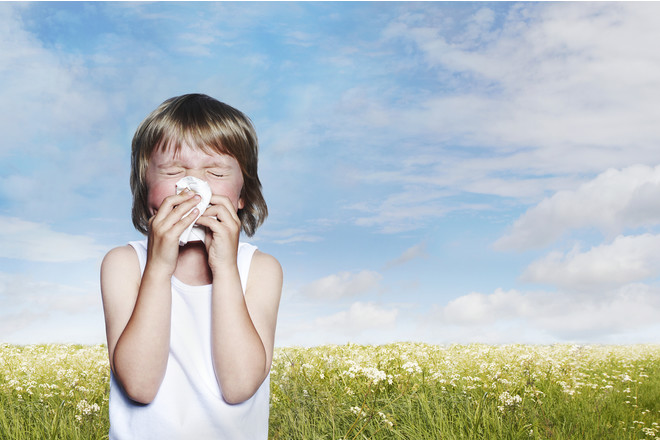Methods for vaccinating a child from poliomyelitis
The pathogen is transmitted throughair. Within 2 weeks, a terrible infection occurs in a latent form. Often, the sick children die. Most survivors remain disabled for life. A question: whether it is necessary to vaccinate the kid is removed, it is enough for parents to learn more about the disease. The reaction to polio vaccination is not more dangerous than the disease itself. Photo: GettyThe medicine uses 2 methods of vaccination:
The reaction to polio vaccination is not more dangerous than the disease itself. Photo: GettyThe medicine uses 2 methods of vaccination:
- oral poliomyelitis vaccine, or OPV - drops;
- inactivated poliomyelitis vaccine, IPV - injections.
Each method has its own side effects. In OPV, in one of 2.5 million cases, the child is infected with polio.
What can be the reaction in children to vaccination
OPV is a more gentle method. However, drops prescribe absolutely healthy babies with good immunity. The injections are more painful, but with IPV it is impossible to get sick of what is being vaccinated. Side effects from IPV are rare and mild. It:
- a local reaction to the injection,
- a slight increase in temperature,
- lethargy,
- decreased appetite.
Children with an allergic reaction to antibiotics Kanamycin, Streptomycin and Neomycin are difficult to tolerate the inoculation. A somewhat different nature has complications in the vaccination of OPV:
- allergic reaction,
- diarrhea,
- infection with polio.
The latter is possible only with serious immunedisorders. OPV gives more powerful immunity, which is important when the baby's family plans to go abroad, to countries where there is a great risk of contracting poliomyelitis.
Contraindications
Before vaccination, it is necessary to check whether the baby has contraindications. Do not vaccinate OPV:
- during the reception of antibiotics,
- with immunodeficiency,
- during the reception of drugs to enhance immunity,
- with neuralgic anomalies.
IPV is contraindicated in:
- bright allergic reactions,
- oncology,
- condylomata.
Before and after vaccination, the child shouldbe under medical supervision. It is not recommended to violate the schedule of vaccinations. Complications after OPV or IPV pass by themselves or by treatment. The disease itself is not treated. At the moment, vaccination is the most effective way to fight a dangerous ailment. To refuse from it because of fear of complications - to put the baby even more dangerous.









